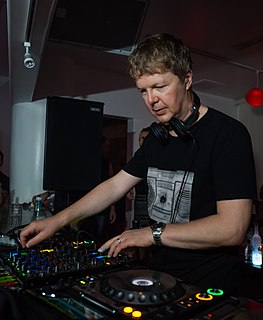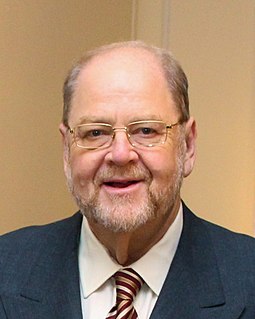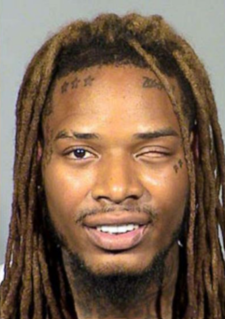A Quote by Vandana Shiva
I still can't figure out what inspired me to do physics. But since I was nine or ten years old, I wanted to be like [Albert] Einstein. He was my hero. I knew no physicists. I knew no scientists. I had nobody around me. And I went to a convent that didn't even have higher mathematics and physics. I taught myself these subjects in order to get into university.
Related Quotes
Einstein and the Quantum is delightful to read, with numerous historical details that were new to me and cham1ing vignettes of Einstein and his colleagues. By avoiding mathematics, Stone makes his book accessible to general readers, but even physicists who are well versed in Einstein and his physics are likely to find new insights into the most remarkable mind of the modern era.
Whenever I want to represent or depict the official version, I will refer to them as 'mathematicians' or 'mathematical physicists' or idiots or something like that. There are no physicists in mainstream 'Physics.' From Newton to Einstein to Hawking, they are all just mathematicians as far as Science and Physics are concerned.
It seems that every practitioner of physics has had to wonder at some point why mathematics and physics have come to be so closely entwined. Opinions vary on the answer. ..Bertrand Russell acknowledged..'Physics is mathematical not because we know so much about the physical world, but because we know so little.' ..Mathematics may be indispensable to physics, but it obviously does not constitute physics.
And I felt more like me than I ever had, as if the years I'd lived so far had formed layers of skin and muscle over myself that others saw as me when the real one had been underneath all along, and I knew writing- even writing badly- had peeled away those layers, and I knew then that if I wanted to stay awake and alive, if I wanted to stay me, I would have to keep writing.
People think my career started when I sent that tape to Renaissance. I’d actually been working hard for seven years before I got to that point. I was putting on parties and booking DJs around me to get my name on the flyer. I knew I had to do it for myself. I knew no one was going to come knocking on my door. I knew it was up to me.
As physics students, we are taught that physicists are smart, that chemists are moderately acceptable, and that biologists are certainly not very intelligent. So I wasn't inclined to take a biology course. But my father insisted, and maybe what he had in mind was that, if there were no jobs in physics, I would end up being a doctor.
When I was in college, I didn't like physics a lot, and I really wasn't very good at physics. And there were a lot of people around me who were really good at physics: I mean, scary good at physics. And they weren't much help to me, because I would say, 'How do you do this?' They'd say, 'Well, the answer's obvious.'
[Regarding mathematics,] there are now few studies more generally recognized, for good reasons or bad, as profitable and praiseworthy. This may be true; indeed it is probable, since the sensational triumphs of Einstein, that stellar astronomy and atomic physics are the only sciences which stand higher in popular estimation.
The thing about physicists is that they tend to think that everything is physics. I don't. That's not what music is to me. You can explain aspects of it in physical terms, including the physics of anatomy: how our bodies move, the torsional moment of inertia, the way you move your body to a beat, the inherent periodicities of the heartbeat, the gait. That's physics, too, I guess - maybe they'd call it biophysics.



































